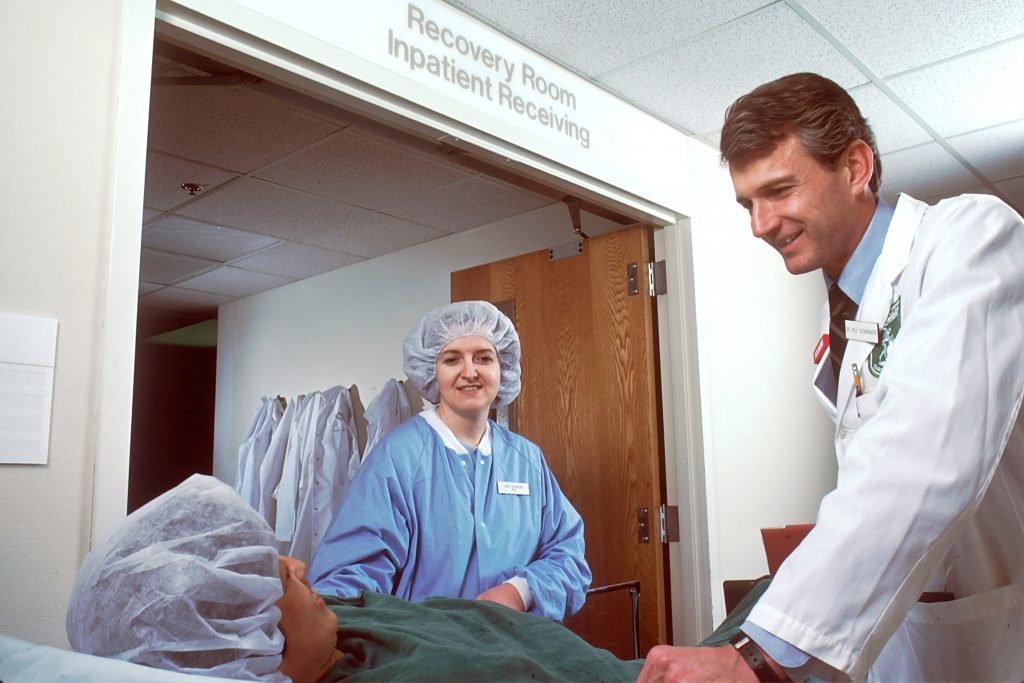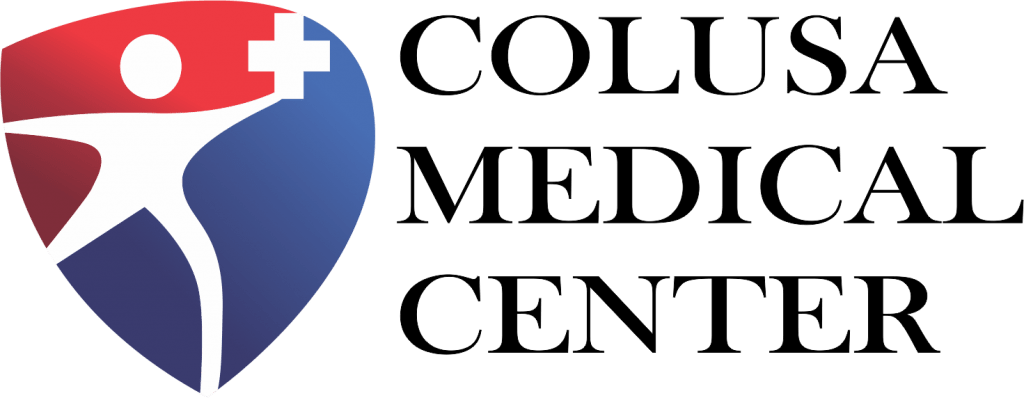Right & Responsibilities
Rights and Responsibilities
As a patient receiving services from Colusa Medical Center, you should be aware of your rights and responsibilities, which are supported and protected by our care teams. When you are well informed, participate in treatment decisions, and communicate openly with your doctor and other health professionals, you help make your care as effective as possible.
Patients’ Rights
While you are a patient at Colusa Medical Center, you have the right to:
- Considerate and respectful care, and to be made comfortable. You have the right to respect for your cultural, psychosocial, spiritual, and personal values, beliefs, and preferences.
- Have a family member (or other representative of your choosing) and your own physician notified promptly of your admission to the medical center.
- Know the name of the licensed healthcare practitioner acting within the scope of his or her professional licensure who has primary responsibility for coordinating your care, and the names and professional relationships of physicians and nonphysicians who will see you.
- Receive information about your health status, diagnosis, prognosis, course of treatment, prospects for recovery and outcomes of care (including unanticipated outcomes) in terms you can understand. You have the right to effective communication and to participate in the development and implementation of your plan of care. You have the right to participate in ethical questions that arise during your care, including issues of conflict resolution, withholding resuscitative services, and forgoing or withdrawing life-sustaining treatment.
- Make decisions regarding medical care and receive as much information about any proposed treatment or procedure as you may need to give informed consent or to refuse a course of treatment. Except in emergencies, this information shall include a description of the procedure or treatment, the medically significant risks involved, alternate courses of treatment or nontreatment and the risks involved in each, and the name of the person who will carry out the procedure or treatment.
- Request or refuse treatment, to the extent permitted by law; however, you do not have the right to demand inappropriate or medically unnecessary treatment or services. You have the right to leave the medical center even against the advice of members of the medical staff, to the extent permitted by law.
- Be advised if the medical center/licensed healthcare practitioner acting within the scope of his or her professional licensure proposes to engage in or perform human experimentation affecting your care or treatment. You have the right to refuse to participate in such research projects.
- Reasonable responses to any reasonable requests made for service.
- Appropriate assessment and management of your pain, information about pain, pain relief measures and to participate in pain management decisions. You may request or reject the use of any or all modalities to relieve pain, including opiate medication, if you suffer from severe chronic intractable pain. The doctor may refuse to prescribe the opiate medication, but if so, must inform you that there are physicians who specialize in the treatment of pain with methods that include the use of opiates.

